Crops
-
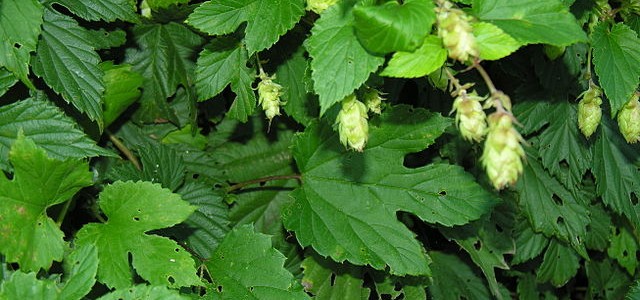
It’s a weekend and pro football playoffs are on televisions across the Southeast (at least in my household). So naturally, thoughts may turn to beer. Well, NCEI has anticipated this with a blog post this week about the relationship between climate and beer. You can read it at https://www.climate.gov/news-features/climate-and/climate-beer. One of the ways in which climate…
-
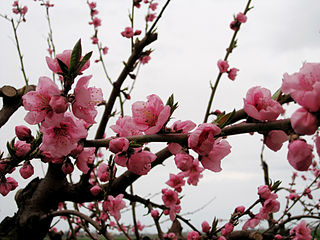
The Fruit Growers News had an interesting article today on the impacts of pruning on the cold hardiness of fruit trees such as peaches and apples. To me, the effects were surprisingly complex and depend on when and how much the trees are pruned. In addition, the reduction in cold hardiness can affect the tree…
-
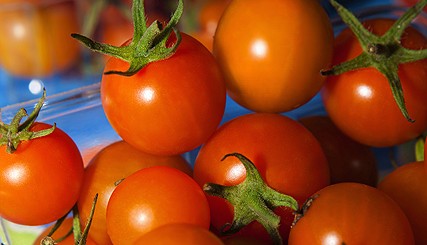
There have been a number of stories in the news lately linking bad weather or climate to decreases in crop yields. Here is a sampling of them. The Packer reported here that volumes of tomatoes from Florida has been significantly reduced due to a combination of rains in excess of 14 inches plus record high…
-

While a strong El Niño continues in the eastern Pacific Ocean, farmers are looking ahead to the next growing season, which may feel the impacts of the opposite atmospheric oscillation, La Niña. AgWeb posted an article yesterday talking about the impact of a La Niña on crop prices next year, particularly the impact on…
-
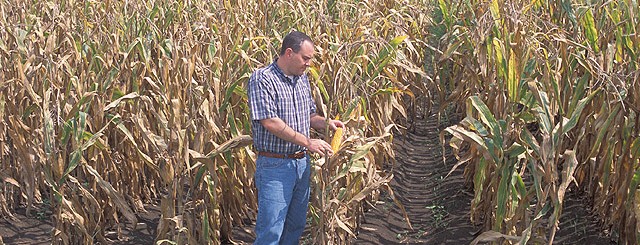
A study recently published in Nature magazine shows that in the time period from 1964 to 2007, global crop yields were reduced by up to 10 percent from drought and extreme heat. Floods and extreme cold did not appear to have a similar effect. A surprising result from the study was that crop yields in developed…
-
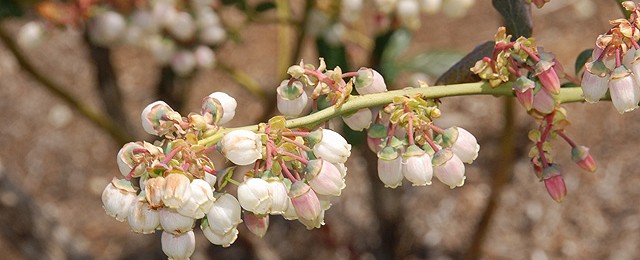
Merritt Melancon of UGA wrote a recent press release which was posted in Growing Georgia describing some of the adverse impacts the warm and wet December has had on fruit and nut crops in Georgia. You can read the article here. She points out that the record-setting warmth has also meant very low chill hours,…
-

AgWeb posted an article this week describing some of the large impacts that the Midwestern floods have had on agriculture, including the transportation of wheat and oil. Many hog farmers have had to relocate their pigs to get them away from the flooded areas; thousands of others have been drowned. You can read the article…